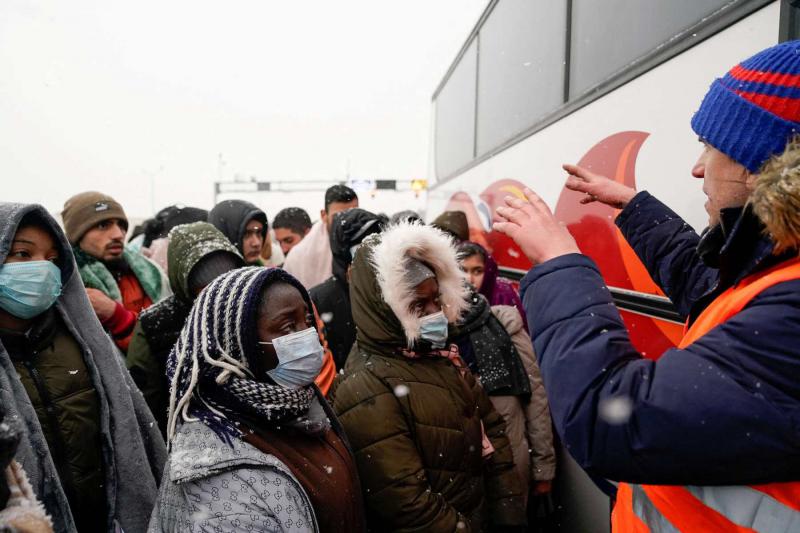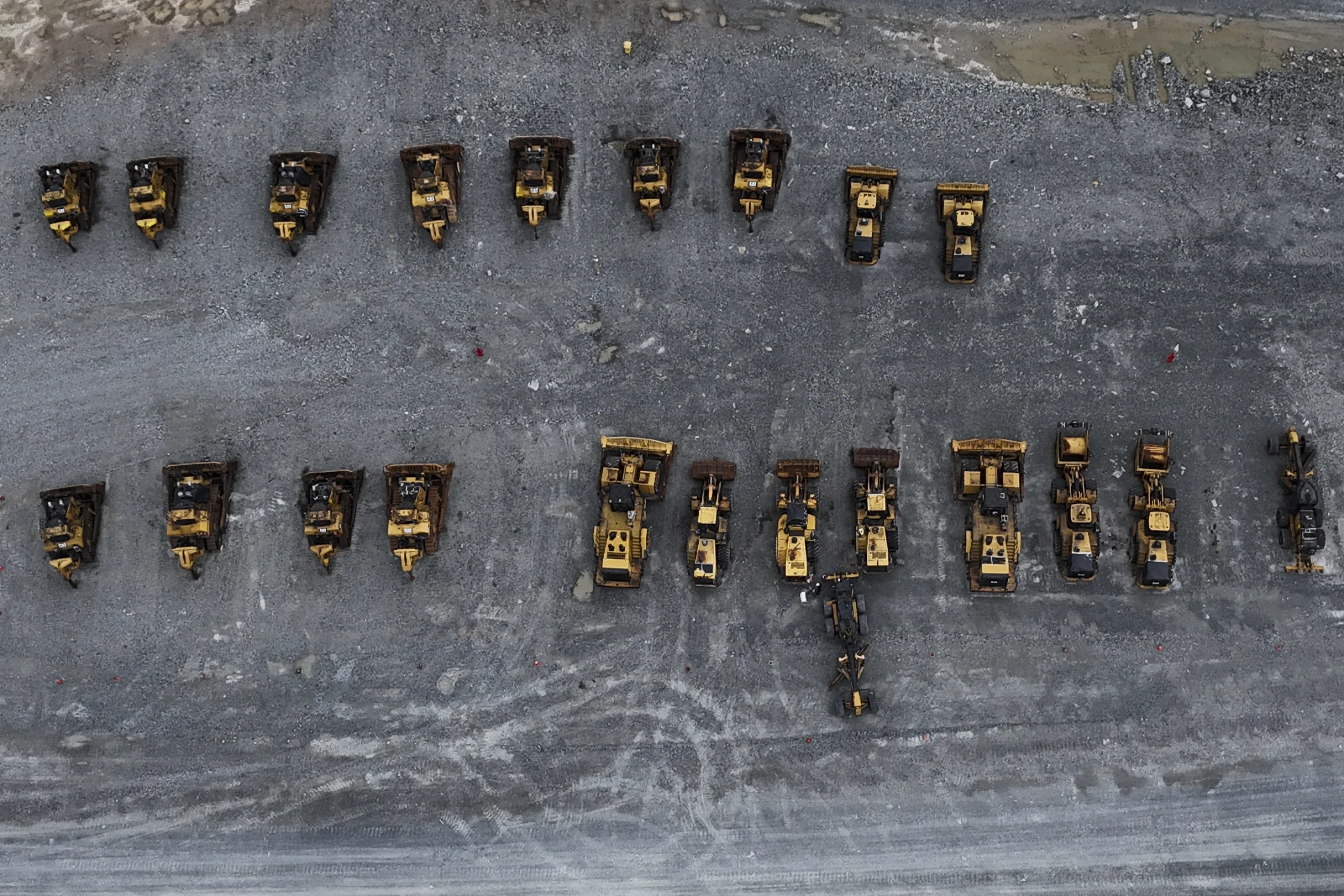Criticism mounts over tainted media coverage of Ukraine

Criticism is mounting over media coverage of the crisis in Ukraine that has drawn a distinction between the war in a “civilized” European nation and conflicts in other parts of the world reports The Week.
The accusation was leveled at an ITV journalist reporting from Poland who conveyed disbelief at seeing war somewhere that is “not a developing, third-world nation” and an Al Jazeera anchor who said it was “compelling” that the Ukrainian refugees appear to be “prosperous middle-class people… like any European family that you would live next door to”.
The BBC was also criticized for failing to challenge Ukraine’s deputy chief prosecutor, David Sakvarelidze, who in an interview described the crisis as “very emotional for me because I see European people with blue eyes and blonde hair being killed”.
BBC Radio 4’s Today program featured comments made by Tim Stanley during the Thought for the Day segment. The historian and Telegraph columnist said that Ukraine had “touched the West in a way that Syria or Yemen did not” partly because “it looks so familiar… those streets, being dug up for trenches, could be our streets. And the young men… could be our sons or fathers”.
In the US, CBS News senior foreign correspondent Charlie D’Agata was forced to apologize after a clip of him directly comparing the crisis in Ukraine to war in the Middle East went viral.
Ukraine “isn’t a place, with all due respect, like Iraq or Afghanistan, that has seen conflict raging for decades”, he said. “This is a relatively civilized, relatively European – I have to choose those words carefully, too – city, where you wouldn’t expect that or hope that it’s going to happen.”
He later rowed back on his comments, explaining that he had hoped to convey that it was the “scale of war” in Ukraine that made it unique “unlike some conflicts in countries… which have tragically suffered through many years of fighting”.
 ‘So like us’
‘So like us’
“They seem so like us. That is what makes it so shocking,” wrote Daniel Hannan, a former Conservative MEP and leading Brexit campaigner, in a piece for The Telegraph. “War is no longer something visited upon impoverished and remote populations. It can happen to anyone.”
Hannan and D’Agata’s comments were among several examples of “orientalist and racist” reporting that were included in a statement released by the Arab and Middle East Journalists Association (AMEJA), a US non-profit group, condemning the coverage of the crisis.
“This type of commentary reflects the pervasive mentality in Western journalism of normalizing tragedy in parts of the world such as the Middle East, Africa, South Asia, and Latin America,” said the statement, adding: “It dehumanizes and renders their experience with war as somehow normal and expected.”
Discrimination at the border
What is “troubling”, wrote author and Brooklyn College professor Moustafa Bayoumi in The Guardian, is that “this kind of slanted and racist media coverage extends beyond our screens and newspapers and easily bleeds and blends into our politics”.
Bayoumi was referring to the fact that alongside such prejudiced reporting, people of color in Ukraine are facing discrimination as they attempt to flee the Russian invasion.
Last week, The New York Times reported that Africans who had been living in Ukraine had been pushed to the end of long lines and even beaten by Ukrainian authorities as they sought refuge in neighboring EU countries.
Chineye Mbagwu, a 24-year-old doctor from Nigeria who had been living in western Ukraine, told the paper that the border guards “were not letting us through” and were “beating up people with sticks”.
The African Union released a statement describing the reports as “shockingly racist” and reminding European leaders that “all people have the right to cross international borders during the conflict, and as such, should enjoy the same rights to cross to safety from the conflict in Ukraine, notwithstanding their nationality or racial identity”.
Even upon reaching supposed safety, people of color have still been subjected to violence and racist abuse.
Last week, The Guardian reported that a group of non-white refugees was attacked in Przemyśl, Poland, shortly after they arrived at the train station from various Ukrainian cities. One person was left hospitalized by the assailants, who yelled “Go back to the train station! Go back to your country”.
Polish police warned that groups linked to the far-right have been “spreading false information about alleged crimes committed by people from Africa and the Middle East fleeing war in Ukraine”.
As Bayoumi pointed out in The Guardian, “the very concept of providing refuge is not and should not be based on factors such as physical proximity or skin color”.






